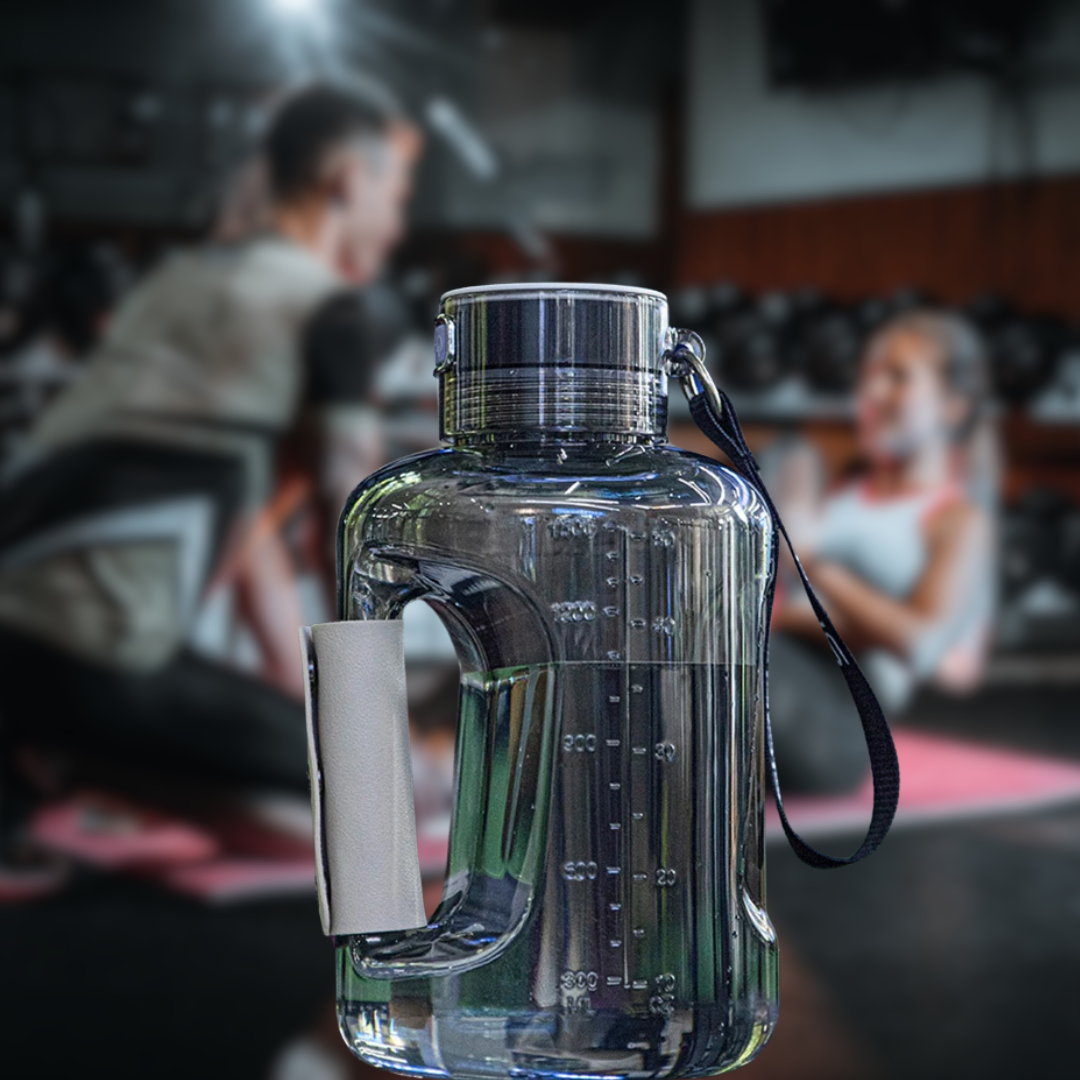Kidney infections, also known as pyelonephritis, are a serious type of urinary tract infection (UTI) that occurs when bacteria travel from the bladder up into one or both kidneys. While common UTIs may cause discomfort or burning during urination, kidney infections are a more severe condition that can cause intense pain and require prompt medical attention.
The Etroclas MR tablet belongs to the group of the compounds category- NSAID (non-steroidal anti-inflammatory drugs). It is a combination of the two effective breakthrough formulas- Etoricoxib 60 mg +Thiocolchicoside 40 mg. The medicine is utilized for relieving the patient with the pain taking place due to osteoarthritis, rheumatoid arthritis, gouty arthritis, and ankylosing Spondylitis. Also the acute as well as the chronic low back pain along with the muscular spams. This medication is found to be a very effective remedy for providing the relief against the muscle stiffness/ spams, leading to comfort & relief to patient and the improvement in the muscular mobility.
Understanding the symptoms—especially kidney infection pain—is essential for early diagnosis and effective treatment. Here’s everything you need to know about this type of pain, what causes it, and how to manage it.
What Is Kidney Infection Pain?
Kidney infection pain is typically felt in the lower back, side (flank), or abdomen. It can range from dull and achy to sharp and stabbing, and it often occurs on just one side of the body. Because the kidneys are located toward the back, just below the ribcage, the pain can sometimes be mistaken for a muscle strain or back issue.
The pain associated with a kidney infection is usually persistent and may worsen with movement or pressure. In more advanced cases, the pain may radiate to the lower abdomen or groin.
Common Symptoms of a Kidney Infection
In addition to pain, kidney infections often come with other symptoms, including:
- Fever and chills
- Frequent or urgent need to urinate
- Burning sensation during urination
- Cloudy, dark, or foul-smelling urine
- Nausea or vomiting
- Fatigue or general malaise
If you’re experiencing a combination of these symptoms—especially along with back or side pain—it’s important to seek medical care as soon as possible. Left untreated, a kidney infection can lead to serious complications, including kidney damage or sepsis.
What Causes Kidney Infection Pain?
Kidney infections are typically caused by bacteria, most commonly Escherichia coli (E. coli), which normally live in the intestines. These bacteria can enter the urinary tract and travel upward to the kidneys.
The pain comes from inflammation and swelling in the kidney tissues as your body tries to fight off the infection. As the kidneys swell, they press against surrounding nerves and tissues, which leads to the characteristic pain.
In more severe cases, pus or abscesses may form in or around the kidneys, intensifying the discomfort.
How Is Kidney Infection Pain Treated?
Medical treatment is essential. A kidney infection won’t go away on its own and needs prompt antibiotic therapy. In most cases, oral antibiotics are effective, but more severe infections may require intravenous (IV) antibiotics in a hospital setting.
To help manage the pain and support recovery:
- Take all prescribed medications as directed, even if you start feeling better
- Use over-the-counter pain relievers like acetaminophen (Tylenol) for fever and pain—ask your doctor before using NSAIDs like ibuprofen, as they may not be suitable for kidney infections
- Stay hydrated to help flush bacteria out of the urinary tract
- Rest as much as possible during the recovery period
In rare cases where an abscess or structural abnormality is causing the infection, surgical intervention may be required.
When to See a Doctor
If you experience:
- Persistent or severe back/flank pain
- Fever over 101°F (38.3°C)
- Vomiting or inability to keep fluids down
- Blood in your urine
- Painful urination with chills or fatigue
Seek medical attention immediately. Delaying treatment can result in kidney damage or a life-threatening systemic infection.
Final Thoughts
Kidney infection pain is not something to ignore. It’s your body’s way of signaling that something serious is happening internally. Understanding the signs and responding quickly can make all the difference in your recovery and long-term kidney health.
If you’re experiencing symptoms, don’t hesitate to reach out to a healthcare provider. With proper treatment and self-care, most people recover fully from kidney infections within a week or two.















Leave a Reply